Hippocrates is quoted to have said, “Where there is love of medicine, there is love of humankind.”
But in today’s healthcare, is there still a love of medicine?
Does our practice demonstrate a love of humankind?
Walk into any hospital or clinic and we can see practitioners who are struggling.
I see in the eyes of highly educated and previously passionate colleagues, men and women who are struggling to get through their work days. I speak to colleagues over the phone on admissions or consultations and I can hear the dimness of their spirits. I pass colleagues in the hallways and I recognize pervasive fatigue and frustration.
I know, because I’ve been there. . . and I have asked myself, “where is the love of medicine?”
Healthcare, in large part, is not a place of healing. To gain what we perceive to be medical practice efficiency, our healthcare culture has stripped away creativity, a sense of fun, and altruism., What is left behind is an environment that is often cold, sterile, generic and unfulfilling.
Let’s call it what it is: healthcare has become a toxic work environment, and as a result the Three D’s of disengagement, dissatisfaction and discouragement are running rampant which leads to the Three F’s: fear, frustration and flight.
Stoicism is a classic term, and a coping mechanism doctors often employ to preserve emotional space. However, I am not sure where the notion came from that formality and friendliness should be mutually exclusive. To make healthcare more human again. we must acknowledge we are human beings trying to care for other human beings, and that gets messy. Pretty fucking messy at times.
(I sometimes wonder if the trend towards unfriendliness in medicine has developed as a way of trying to hold ourselves emotionally together. hmmm)
As a physician, here is what I’ve noticed:
A world without smiles. Some days the only smile I see in the clinical setting is from someone who is running out the door!
Colleague interactions are so limited. We don’t even take time to share a little about ourselves.
Community break rooms and doctors’ lounges are no longer safe areas for sharing.
Aggressive behaviors—both passive and overt—characterize many of clinical interactions. Yelling and blow-ups with colleagues, team members or patients, or chronically negative comments about the state of healthcare, are all symptomatic of individual and collective woundedness.
Patients are noticing our woundedness. Some patients avoid or otherwise refuse to have interactions with certain physicians and team members.
Innovative change in healthcare is certainly needed. But the professional silos/isolationism, inflexibility and an outright disdain for change, are all impacting—and limiting—our love of medicine and humanity.
As our interactions in our healthcare environments become less friendly, more toxic and less human, might this trend be signaling we lack requisite emotional energy and skills for today’s healthcare environment.
So, how do we go about fixing the issue of toxicity in medicine and re-engaging with our reason for choosing medicine. Frankly, we have two choices: we can continue to ignore or deflect the issues, or we can name the elephant in the room and confront the issues that are negatively impacting the joy of practice.
As physicians, we can—and must—challenge the status quo of toxicity. We have a professional—and human—obligation to address the unethical practices and unacceptable behaviors we are experiencing.
I will no longer be a neutral bystander saying, “I’m just the doctor,” effectively pushing the toxic problems and circumstances aside to HR or administrative personnel writing them off as simply an “employee issue.” Instead, I am committing that when I see toxic behaviors exhibited—or when I am the offender—I am going to name the toxic behaviors for what they are, and invest time and energy towards addressing the pain behind those exhibited behaviors.
Communicate appreciation. Even if someone is “just doing their job” none of us likes to be taken for granted. Talk with your co-workers about what they define as “appreciation.” If we are obsessively grateful to those who make our work easier, we will not lack for help.
Acknowledge pain and woundedness—our own, and that we see exhibited in others. Many people act out of a place of pain because they do not know how to otherwise respond. When we work to transcend our pain and woundedness, people can envision hopefulness, and hope is crucial for healing.
Foster trust. Trust ignites teamwork and it is built in the small moments, every day, over time. Trust can also be destroyed almost instantaneously, so we must be vigilant in our team building efforts.
Physicians are not powerless pawns. We can love medicine again and inspire a greater love for humankind, if we will place ourselves back into the equation.
We can no longer float along in our medical practices and allow toxic habits to destroy the profession of medicine. We must change medical practice—both our own attitudes and behaviors, and those that are evidenced in our institutional cultures—and work to replace mindless productivity with deliberate, thoughtful activities that will help us re-engage with our purpose and passion for medical care.
Next time you are tempted to despair about the profession of medicine, I challenge you to join me: invest in personal reflection, engage in thoughtful dialog, build trust by acknowledging woundedness and demonstrating appreciation and thankfulness, and then boldly engage your native skills and training to be the example for a better way forward.

